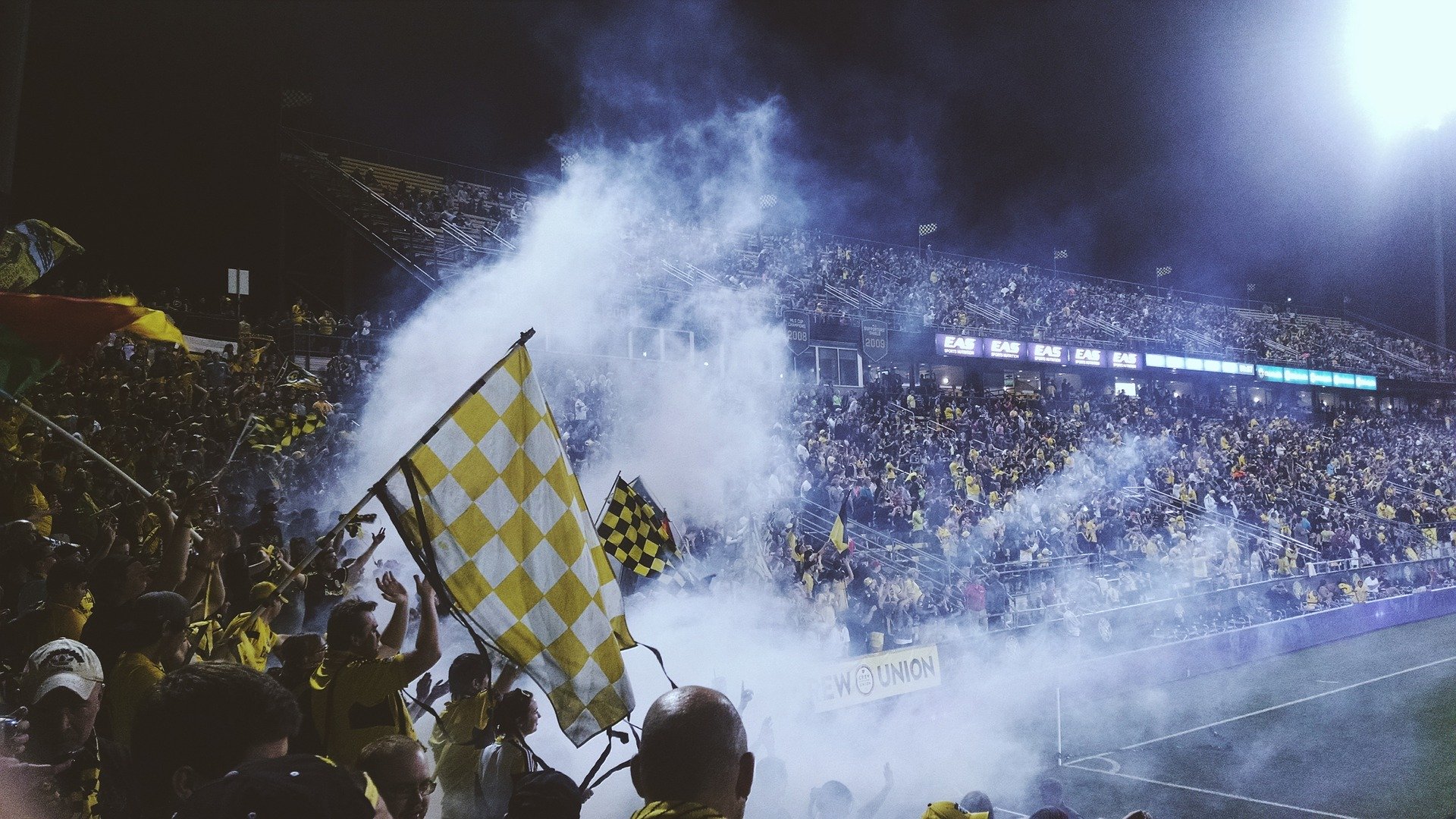Football can have a huge effect on mental health, be it the health of players, managers or fans, meaning anyone can be affected by the beautiful game.
If you’ve got a passion for knowing when and where your favourite club is playing each week and what time the each game has changed to due to extraordinary TV deals (because Sky and BT Sport have little regard to the thousands of fans who travel up and down the country each week), then you’ll be all too familiar with that ecstasy feeling of your team of banging in a 94th minute goal to claim a point or more. Or even more familiar to you, that dejected mindset you enter after dominating the game throughout then an opposition player dives and a penalty is given at the last minute of normal time (this scenario is personal to me at West Brom away last season).
A quote by Bill Shankly came into my head while writing this; ‘Football is a matter of life and death, except more important’. This quote can be taken in several ways in my opinion. If someone asked me the question ‘how much do you love football’, never would it go through my head the answer of ‘more than life itself’. Do I love football as a hobby, passion and social activity’? Answer to that, yes, but I’d say I’m old-fashioned in the sense of, if my team loses it does impact my mood for a couple of days afterwards. However, a build-up of frustration is inevitable especially when your team’s getting humiliated every weekend. An issue that has arisen from the beginning of this decade is that frustration and accusations about the club, players and especially managers are no longer just limited to the people you meet face-to-face in the pub or at work, it can go to a much wider audience that is the Internet.
The social media explosion that has taken place over the last few years has given rise to a culture of fans amplifying emotions after their team has dropped points when a video camera and microphone is put in front of you. While this on its own provides a great source of online entertainment to watch others rant profusely and you just being able to laugh and enjoy their irrationality, certain problems have arisen surrounding this. As social media allows everyone to have an opinion and let it be heard, fractious divides can be created within football fan communities, with fans being split apart on opinions of ‘on-pitch’ performances and managerial tactics.
One of the biggest divides of the last few years I’ve seen occur at Forest was over Martin O’Neill and whether he’d be able to take the club forward on the pitch. While a club legend, as he was part of the match squad that lifted two European Cups, this did not grant him immunity from fan’s online criticism, the most quoted phrase of ‘dinosaur tactics’, even though many fans were prepared to bear with this so the club could try and break the cycle of parting company of two managers a season for a number of years. A fractured community caused multiple players within the club expressing their desire for the fanbase to unite before the challenges ahead. Footballers of your team cannot play to their best when there is a divide in any regard.
One of the most controversial incidents of the last few weeks in the world of football regarding mental health would be the ‘Granit Xhaka vs the Arsenal fans’ during the Premier League game at the Emirates against Crystal Palace, where Xhaka responds to the chorus of booing during his tactical substitution. I do believe that football fans forget a lot of the time that their team’s players all experience the same mental fragility that we all do, and his reaction on the pitch was an explosion of emotion to the abuse he, his wife and their new-born child had received online from anonymous users. When I read about incidents like this, it should make you question the ideals of the ‘so-called fans’ of football clubs, where there’s an idea going around that buying a ticket to a football match is like buying a ‘pass’ to be able to abuse players, managers, and staff of football clubs. This kind of mob mentality has been amplified and multiplied over the years due to the extreme fan views that have been released online.
Personally, I don’t blame Xhaka for his reaction and it’s shocking to me how the first reaction of this that went around the Arsenal fanbase was how disrespectful he had been. Few of the major news outlets ever raised the question ‘Is he okay now’ or ‘should we sanction the Arsenal’s fans behaviour for this constant string of abuse?’.
More must be done to protect players from online abuse and a level of mutual respect for one’s wellbeing must be reached between fans, players and staff so we can all band together to achieve the best results out on the pitch and not descend into personal insults and abuse which follows the players home and affects their emotional state.
By Sonny Reed
Photo credit: Pixabay

